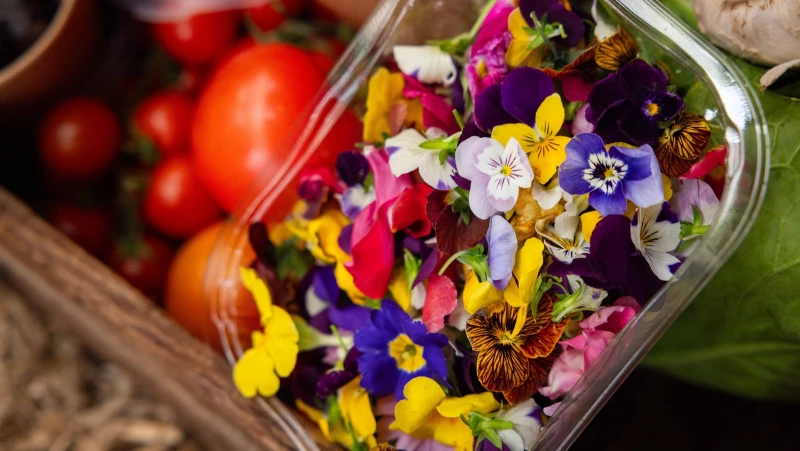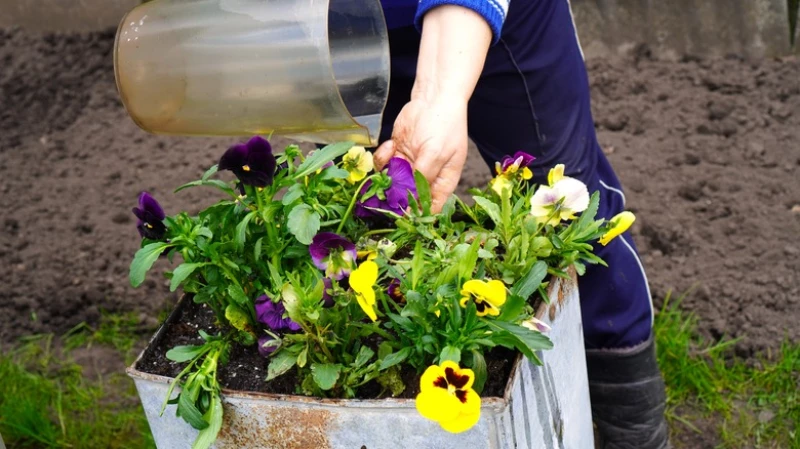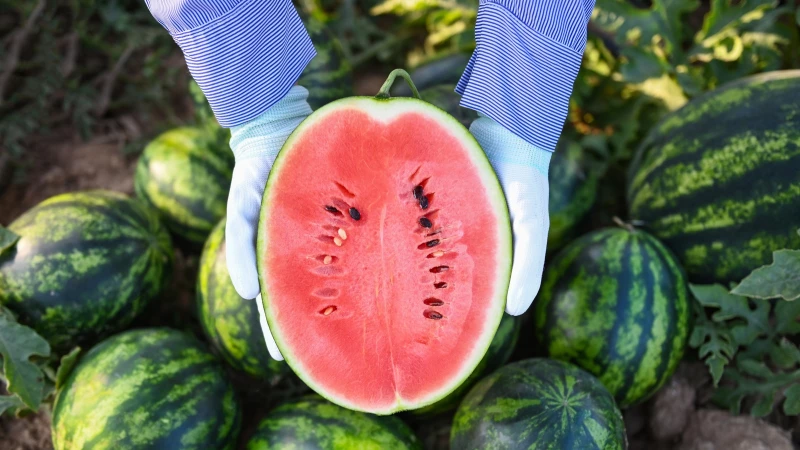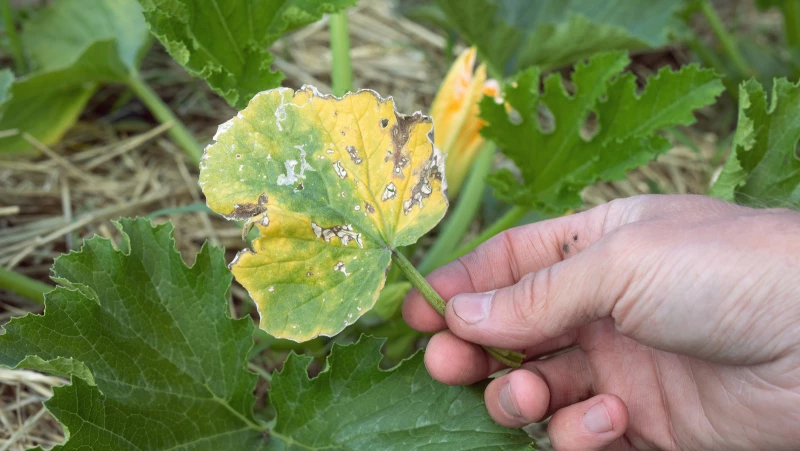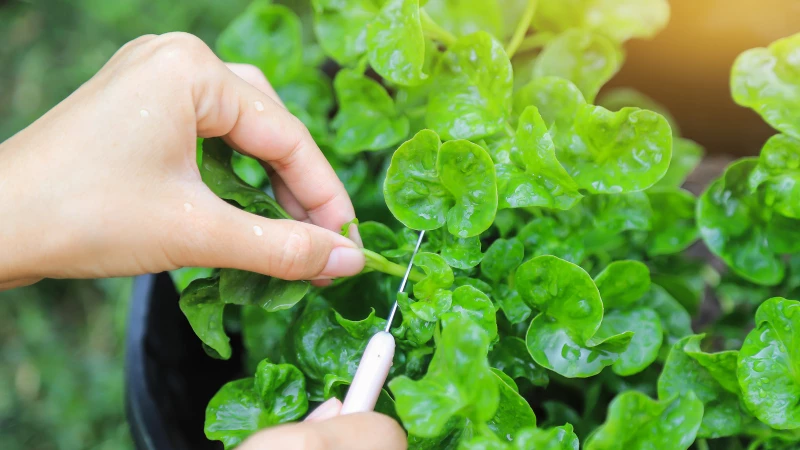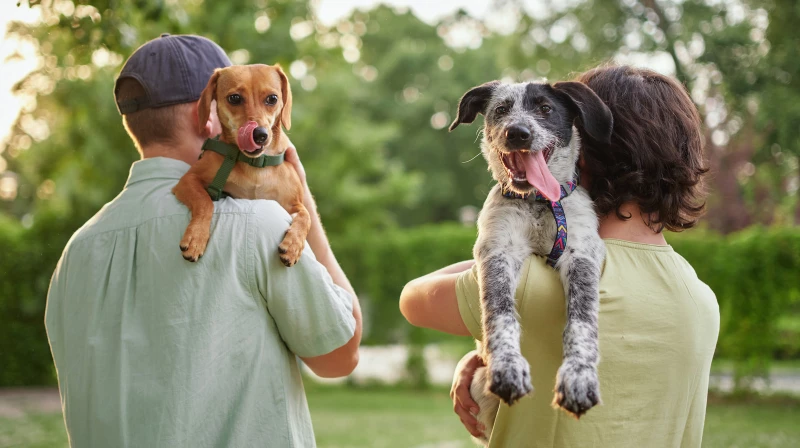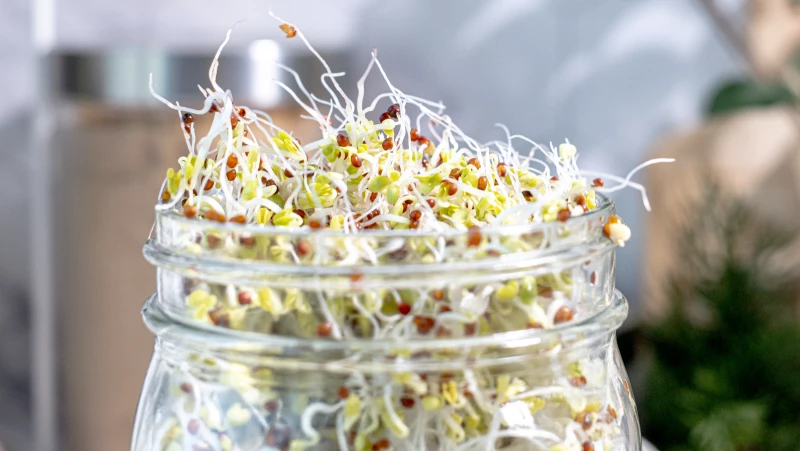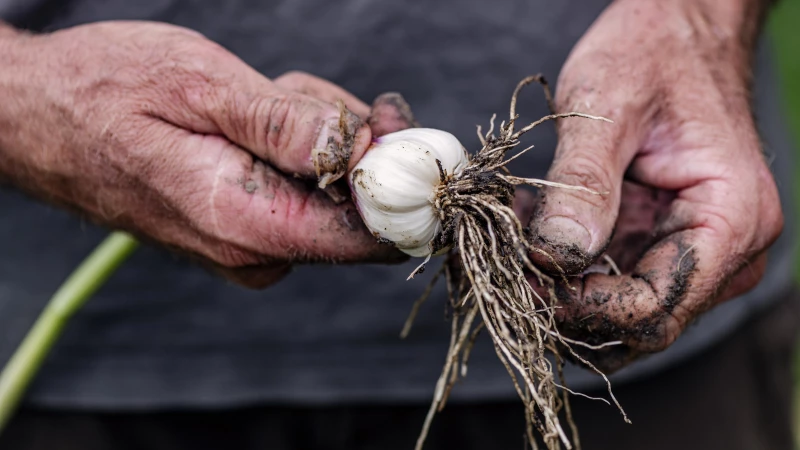Exploring the world of edible flowers in your garden can be a delightful experience, but it requires more than just planting and plucking. For those looking to delve into the realm of edible flowers, there are essential factors to consider to ensure the safety of your blooms for consumption. In an insightful conversation with House Digest, Kim Zimmerman, a renowned head designer, grower, and owner of Rowdy Poppy, shared her expert guidance on cultivating edible flowers that not only tantalize your taste buds but also prioritize your well-being. "By being mindful of what goes into your garden, you can ensure the safety of your edible flowers," Zimmerman advises. She emphasizes the importance of researching your plants and steering clear of chemical pesticides or herbicides in and around your edible garden.
Keep your edible flowers free from toxins
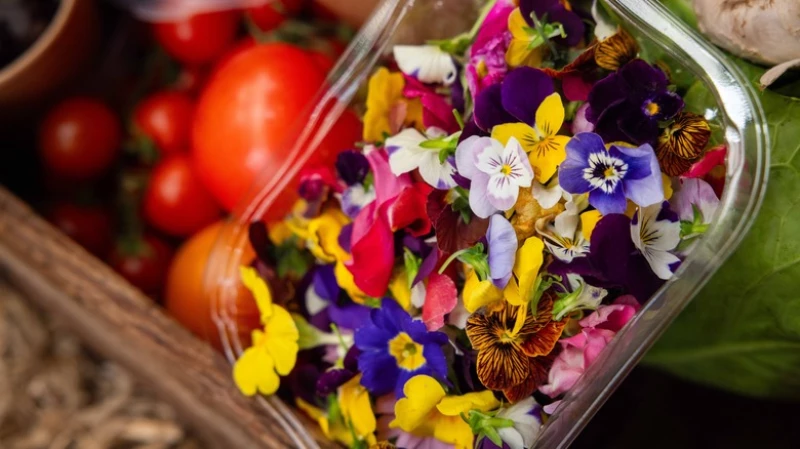
Growing edible flowers can be a brilliant way to bring color to your garden and your dinner table, with roses, chamomile, pansies and marigold being just some of the most popular options. But if you're going to grow edible flowers, you must be careful not to risk your health in the name of culinary curiosity.
As a general rule of thumb, make sure anything near your flowers is totally safe to ingest. "You'll need to control your environment as much as you're able ... As mentioned, pesticides and herbicides are a no-no." In her exclusive interview with House Digest, Kim Zimmerman warned readers to be aware of their less immediate surroundings too: "If you know your neighbor is spraying glyphosate, for example, then you may want to ensure your edible garden is far from that property line." Even with organic gardening products, you'll need to carefully read the labels and be wary of ingredients. "It is important to note that composts and fertilizers made from human waste (biosolids) rather than animal and plant waste can definitely be used for gardening but not for growing crops you would ingest," says Zimmerman, "They still carry a risk of transmitting pathogens, so it is the safest choice to avoid these on any food crops."
Discover the Beauty of Your Garden Flowers
Staying away from toxic chemicals may seem obvious to some, but edible flowers themselves can also present some unique risks. In an exclusive interview with House Digest, Kim Zimmerman warned readers never to play roulette in their garden. Whether you're familiar with several edible flower species or you're just starting out, she recommends that gardeners, "Do your research, truly. Purchase a book on edible flowers and ensure it is written by a reliable source." A good book won't just help you identify edible flowers, but also avoid the inedible and potentially toxic parts. "Toxicity in plants can vary by plant part (e.g., stems versus leaves versus flowers) and also by the maturation level (e.g., some plants are toxic when young and not when mature and vice versa)," said Zimmerman.
Not all flowers are safe to eat, even if the plant itself produces edible parts. While there are plenty of nightshade vegetables that are great for your garden, some nightshade flowers can be poisonous, like those of potatoes and tomatoes. If you're unsure, it's best to stick to well-known edible flowers rather than risk trying unfamiliar or rare ones. Enjoy creating an edible flower garden and explore the different flavors they can add to your meals and drinks!

